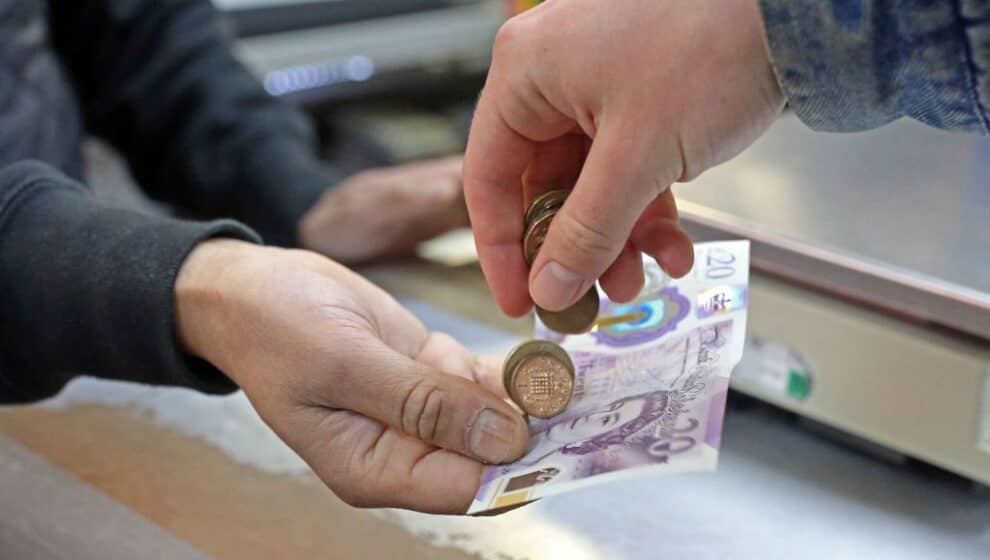March’s inflation rate saw meager growth—at an annual rate of 5%. That it came in below expectations suggests it is coming under control.
Key Details
- Wednesday’s report from the Bureau of Labor Statistics shows that March’s inflation rate increased 5% over the previous 12 months. It marks the smallest yearly increase since May 2021.
- This came in below expectations of 5.1%, reflecting an overall cooling pattern as the Fed’s interest rates currently sit between 4.75% to 5.00%.
- The announcement marks a continued improvement in the pace of inflation, with nine months of consecutive decreasing CPI growth.
- The CPI on all items (5.6%) has decreased consistently from February (6%), January (6.4%), December (6.5%), and November (7.1%), from its peak in June 2022 (9.1%). It
- Stock markets briefly rallied Wednesday morning, with the Dow Jones Industrial Average rising 150 points before settling into positive gains.
Why It’s Important
The Federal Reserve continues to play a delicate game of addressing rising inflation rates while avoiding the negative effects of high-interest rates. It has succeeded so far in avoiding the worst consequences of its decisions—namely, high unemployment and sparking an artificial recession—due to the hot labor market and high consumer spending, leading many analysts to predict a soft landing for the economy.
The slow decline of inflation continues to push this eventuality farther into the future. The Fed’s goal was the lower inflation to 2% by the end of this year, but monthly improvements are slow, and it could take at least into next year to reach that goal.
Backing Up A Bit
The Fed is also facing other serious problems at the moment, namely March’s banking crisis that resulted in the second and third largest banking failures in history, indirectly caused by the Fed’s actions and poor oversight. The Fed backed away from massive interest rate hikes at the March meeting but may be forced to continue monthly 25 basis point hikes for the immediate future.
The Fed is also facing notable critics like ARK Invest CEO Cathie Wood and Senator Elizabeth Warren (D-MA)—respectively accusing the organization of potentially sparking the early stages of a deflation crisis and of incorrectly placing the blame on inflation on federal spending rather than corporate greed.
Notable Quotes
“If I think about the economic outlook as four potential scenarios: (1) soft-landing, (2) recession, (3) continued overheating, (4) stagflation—the odds of stagflation went down while the odds of soft-landing went up. Good news for stocks,” Renaissance Macro Research Head Neil Dutta tells Yahoo Finance.
“As the economy slows, consumer prices will decelerate further and should bring inflation closer to the Fed’s long-run target of 2%. Markets will likely react favorably to this report as investors gain more confidence that the next Fed meeting may be the last meeting when the Committee raises the Fed funds target rate,” LPL Financial economist Jeffrey Roach tells CNBC.
